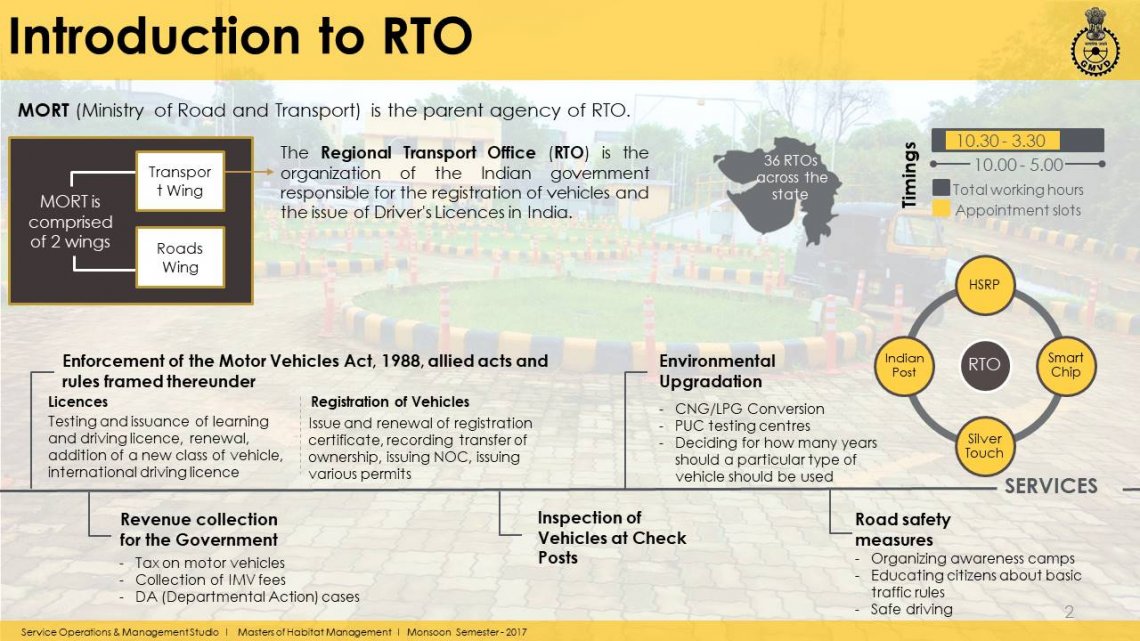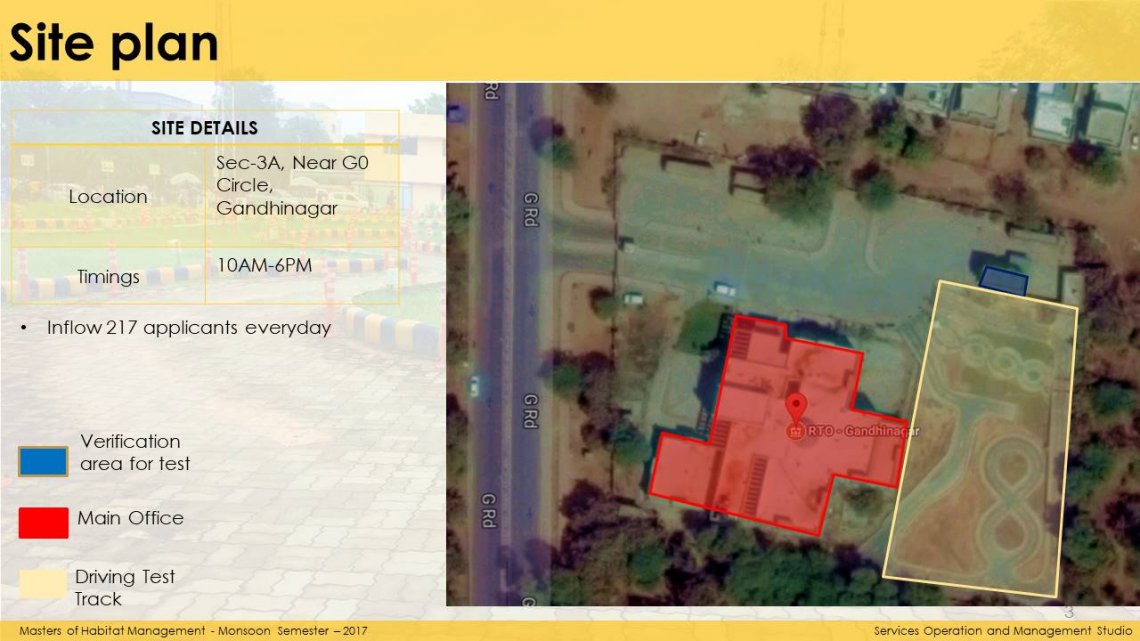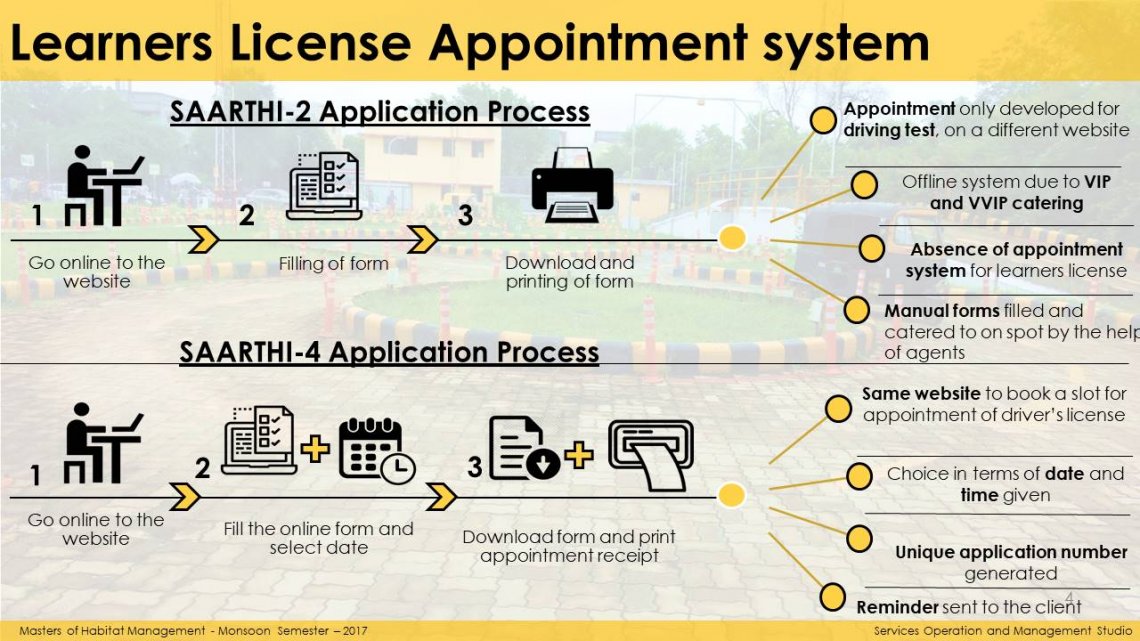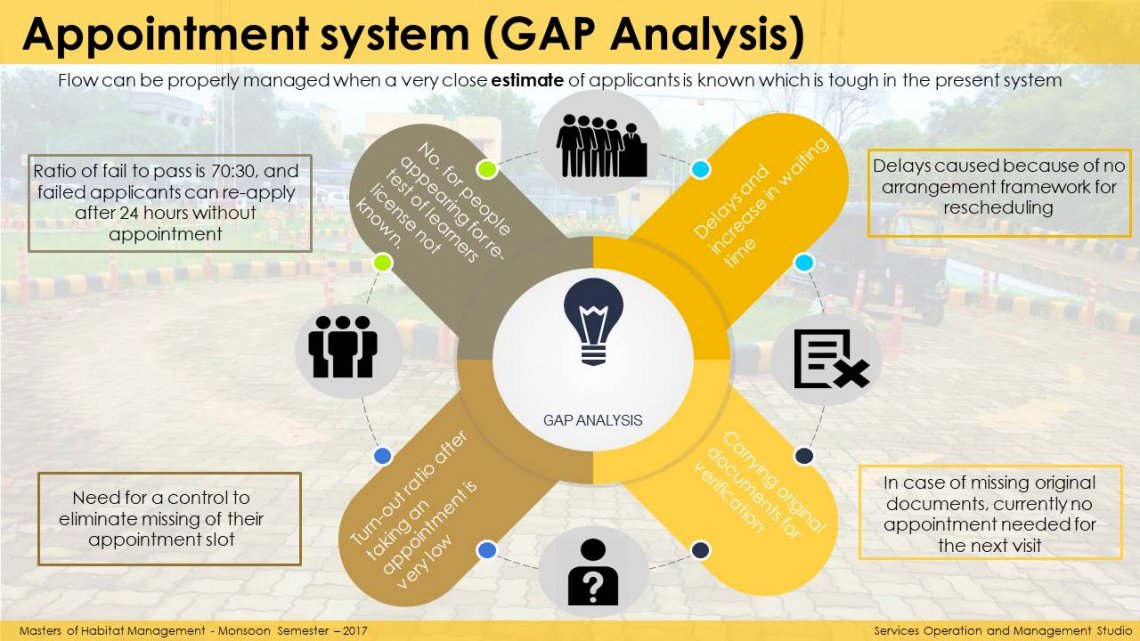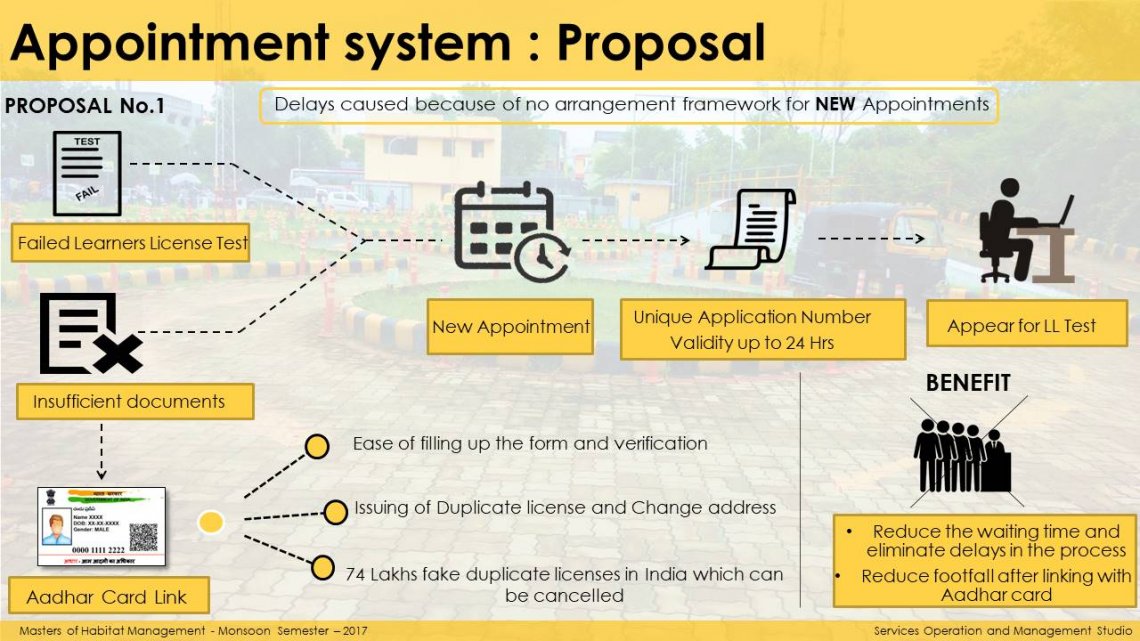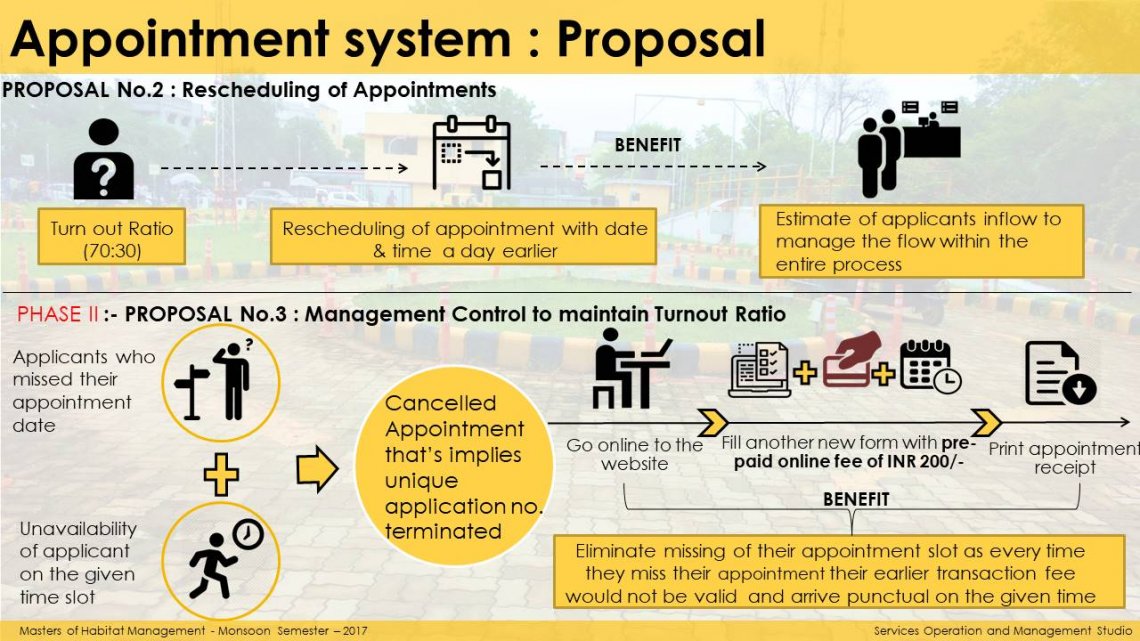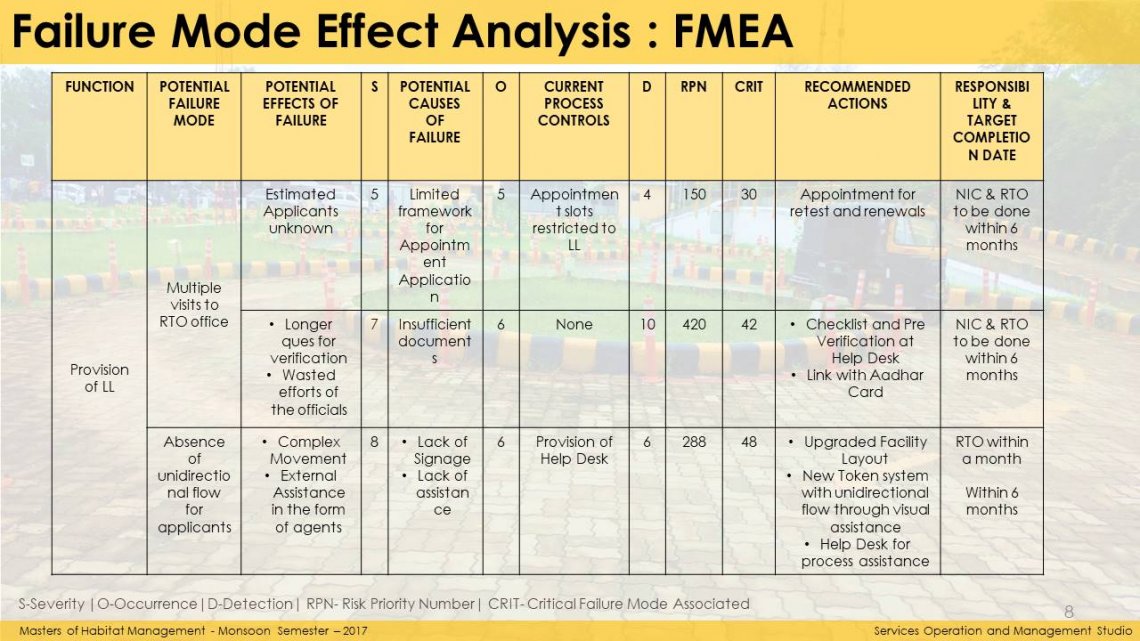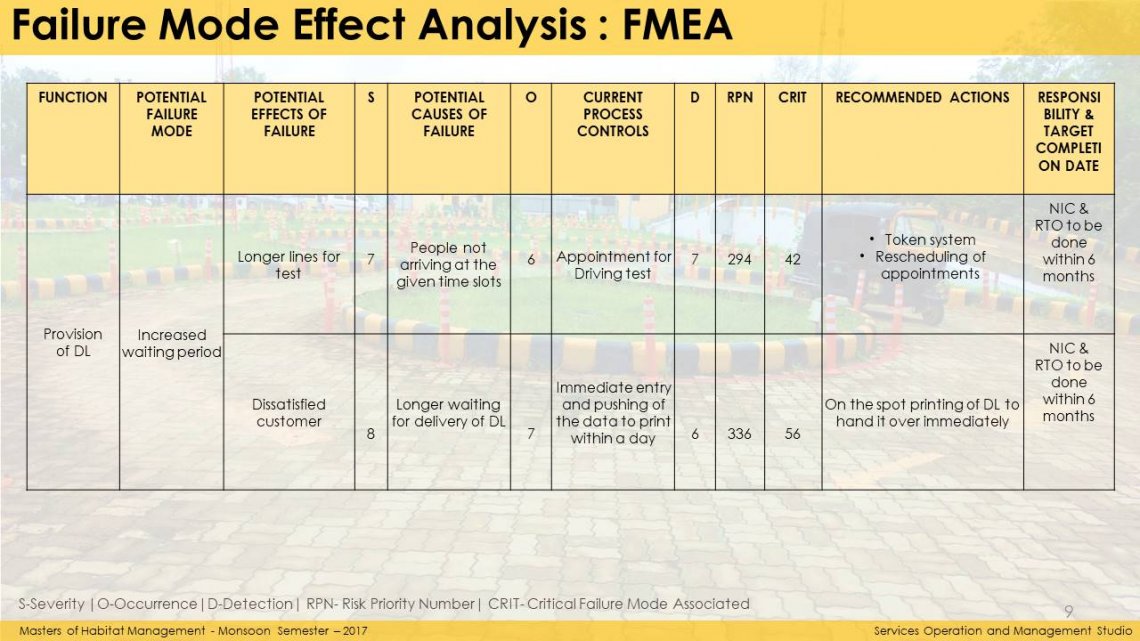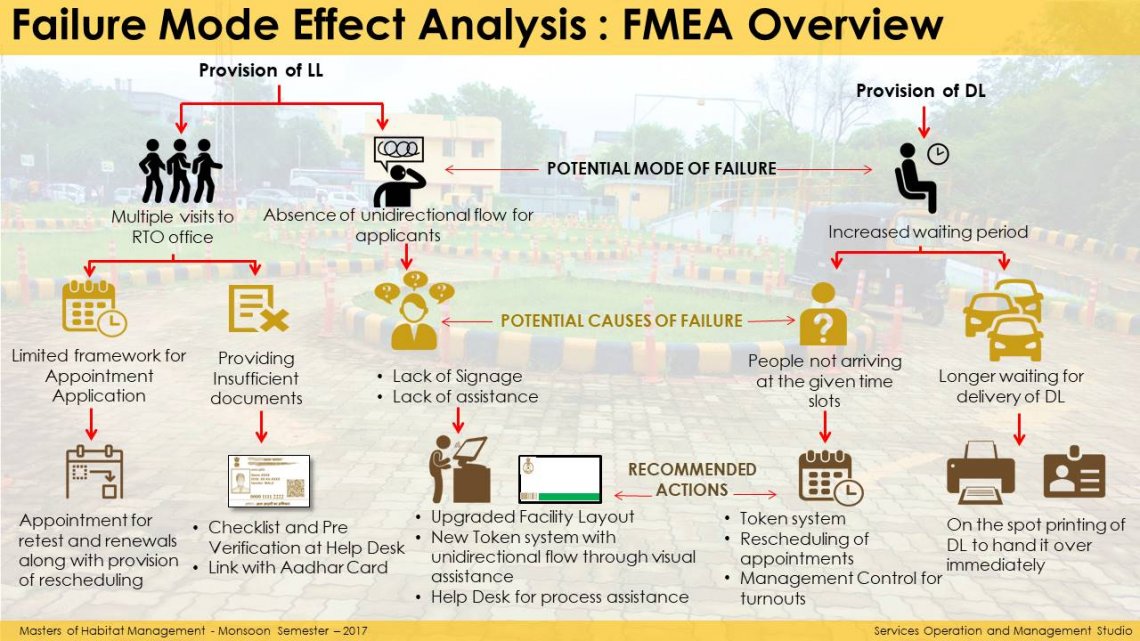Your browser is out-of-date!
For a richer surfing experience on our website, please update your browser. Update my browser now!
For a richer surfing experience on our website, please update your browser. Update my browser now!
Services operations management is considered with delivering service to the customer or user of the service. It involves understanding the service needs of the target customers, managing the processes that deliver the services ensuring objectives are met, while also paying attention to the conditional improvement of the services. As such operations management is a central organizational function and one that is critical to organizational success.
